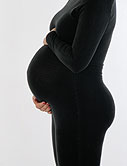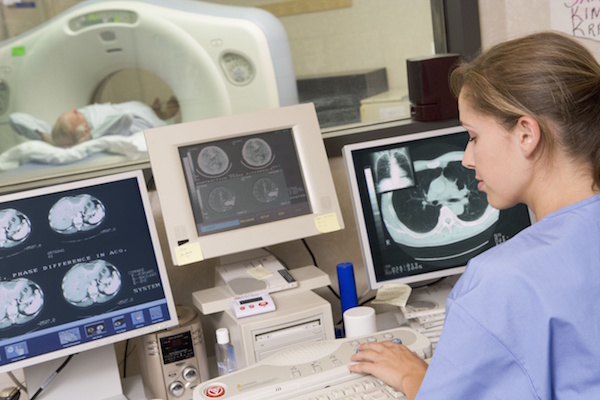
WEDNESDAY, June 25, 2014 (HealthDay News) — Few obstetricians offer their pregnant patients advice on how to avoid environmental toxins that might harm their babies, a new study finds.
“We have good scientific evidence demonstrating that pregnant women are exposed to toxic chemicals, and there’s a link between these exposures and adverse health outcomes in children. But physicians are not offering this information to their patients,” study senior author Tracey Woodruff, director of the University of California, San Francisco (UCSF) Program on Reproductive Health and the Environment, said in a university news release.
One reason physicians might not be offering information on chemical exposures to patients is that there isn’t a lot of evidence-based research on the topic. That means physicians can’t give evidence-backed advice.
While 80 percent of the respondents agreed that physicians have a role to play in helping patients reduce their exposures to environmental hazards, many said they didn’t know enough or were too uncertain about the evidence to make firm recommendations to pregnant women.
“We don’t know where the most harmful chemicals are used, how we are exposed to them or what the health risks from these exposures might be. We need to leverage the voice of health professionals in policy arenas, as well, to shift the burden of proof about a chemical’s safety or toxicity to the manufacturers,” Dr. Jeanne Conry, a co-author of the study, and the immediate past president of the American Congress of Obstetricians and Gynecologists, said in the news release.
For the study, researchers surveyed 2,500 obstetricians across the United States and found that only one in five routinely asked pregnant patients about their exposure to toxic chemicals, and only one in 15 received training on the harmful reproductive effects of these toxins.
Many of the doctors said their patients often have more immediate health issues, such as poor diet, lack of exercise, obesity and conditions such as diabetes, according to the study published online June 25 in the journal PLoS One.
The study also found that many obstetricians said they didn’t want to scare their patients about the thousands of chemicals found in the home and workplace because it’s almost impossible to avoid them.
However, the researchers said there are things doctors can do to help patients, even those with little control over their living and working environments.
“Many environmental exposures are unavoidable,” study lead author Dr. Naomi Stotland, an associate professor in the department of obstetrics, gynecology and reproductive sciences at UCSF, said in the news release.
“So, we counsel women on the substances that we know are most likely to cause harm, while providing them with practical ways of reducing their exposures,” she explained.
More information
The U.S. Office of Disease Prevention and Health Promotion outlines how to have a healthy pregnancy.
Copyright © 2026 HealthDay. All rights reserved.

